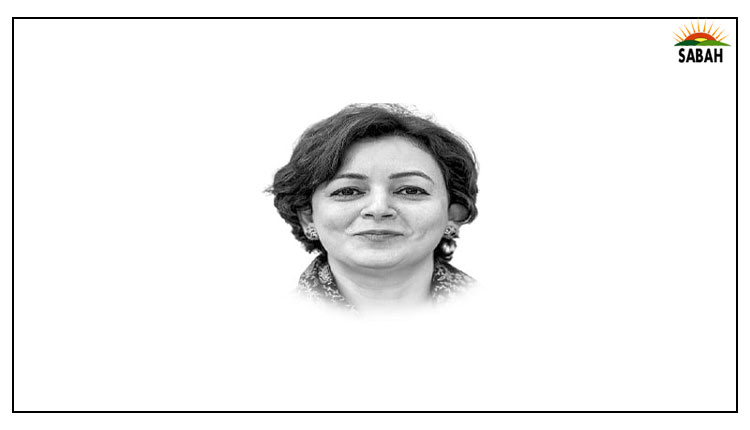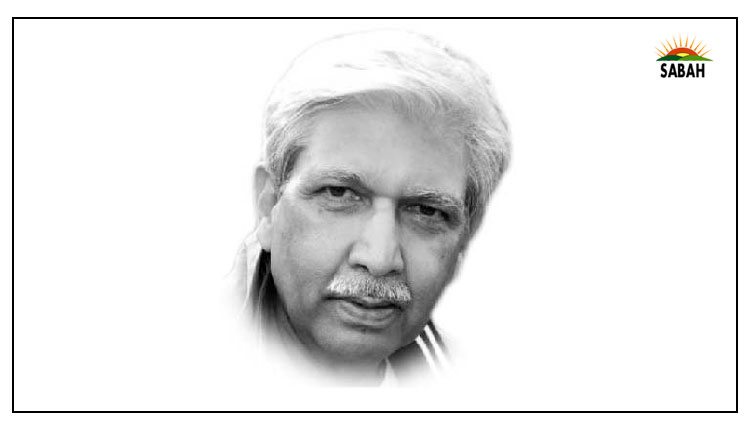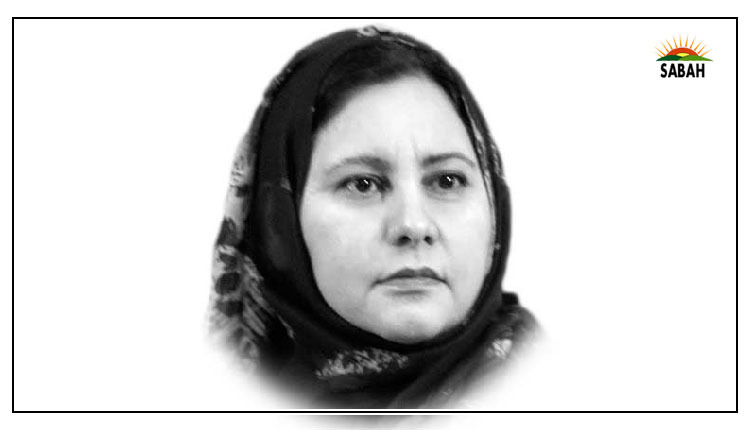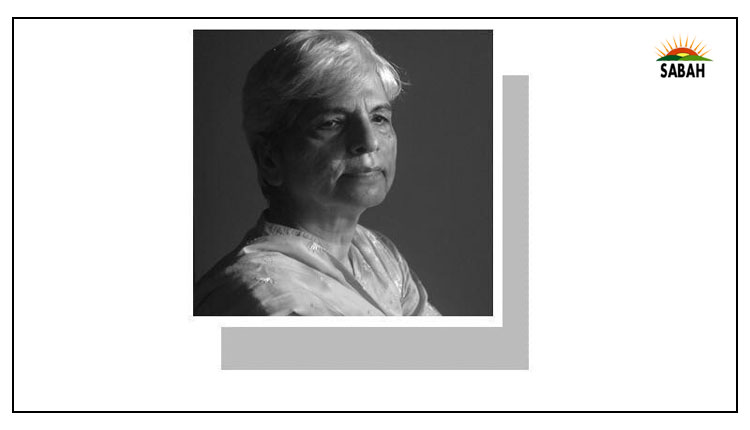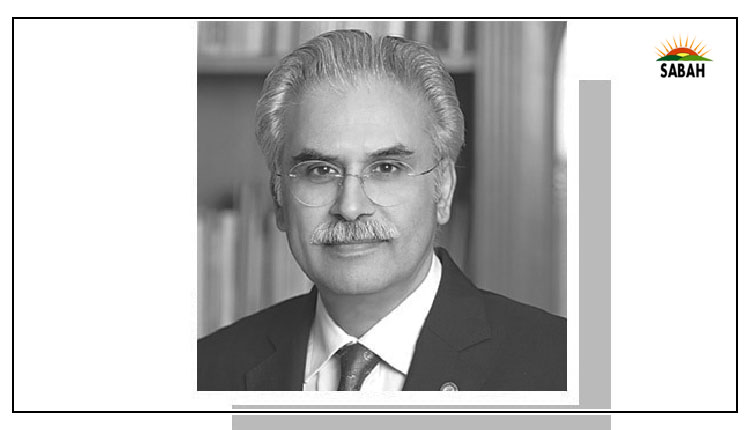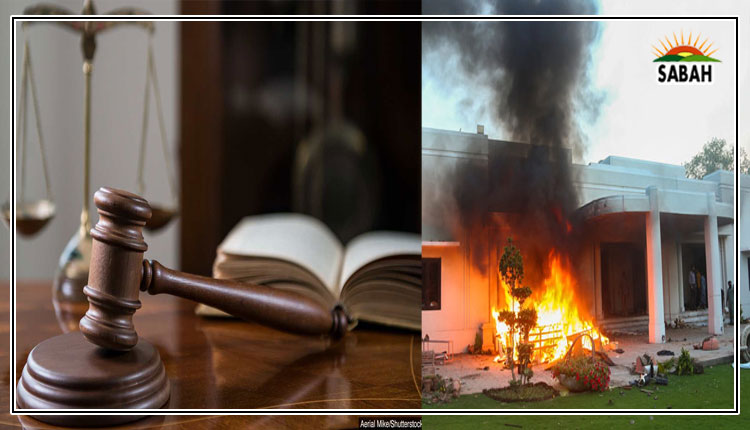ATC Lahore orders handing over 16 Jinnah House attackers to military court
LAHORE, May 25 (SABAH): An anti-terrorism court (ATC) in Lahore ordered on Thursday to hand over those accused of attacking the corps commander’s house in Lahore’s Cantonment area to the army, whereby the military courts are to initiate trials against them.
In an unprecedented show of vandalism, PTI supporters had attacked and caused damage to the historic Corps’ Commander’s House — originally known as Jinnah House and which once served as the residence of the founding father of the nation, Quaid-e-Azam Muhammad Ali Jinnah — hours after the National Accountability Bureau (NAB) arrested Pakistan Tehreek-e-Insaf (PTI) chief Imran Khan in the Al-Qadir Trust corruption case on May 9.
Irfan Athar, Commanding Officer, 54 Electrical and Mechanical Engineers Battalion had sought the custody of 16 accused of involvement in the attack which includes former MPA Mian Muhammad Akram Usman, the son-in-law of former Punjab’s senior minister Mian Mehmoodur Rasheed.
According to the officer, the suspects prima facia have been found involved with the commission of offenses under the provisions of Official Secrets Act-1923 read with Section 2(1)(d) and 59 (4) of Pakistan Army Act 1952.
As per the court’s verdict, the prosecution did not oppose the commander’s request and subsequently, the court ordered for all 16 accused persons to be remanded over to the officer.
The accused include Amar Zohaib so of Nazeer Ahmed Sheikh, resident of Lahore, Ali Iftikhar son of Iftikhar, resident of Lahore, Ali Raza son of Ghulam Murtaza, resident of Lahore, Muhammad Arsalan son of Muhammad Siraj, resident of Lahore, Muhammad Umair son of Abdul Sattar, resident of Lahore, Muhammad Raheem son of Muhammad Naeem Khan, resident of Lahore, Ziaur Rehman son of Muhammad Azam Khursheed, resident of Lahore , Waqas Ali son of Muhammad Ashraf, resident of Lahore, Raees Ahmed son of Shafiullah, resident of Swat, Faisal Arshad son of Zafar Ahsan, resident of Lahore, Muhammad Bilal Hussain son of Manzoor Hussain, resident of Lahore, Faheem Haider son of Farooq Haider, resident of Lahore, Arzam Junaid son of Junaid Razzaq, resident of Lahore, Mian Muhammad Akram Usman son of Mian Muhammad Usman, resident of Lahore, Muhammad Hashir Khan son of Tariq Bashir, resident of Lahore and Hassan Shakir son of Shakir Hussain, resident of Lahore.
The commanding officer said that the above named accused by committing the offenses under the said laws, have become subject to the Pakistan Army Act-1952 and are exclusively liable to be inquired, investigated and triable by the Military Authorities in Court Martial.
The commanding officer said that it revealed that the above accused are in judicial lock up in case FIR Nos 96 and 852, both dated 10 May 2023, at Camp Jail Lahore by the orders of this Honourable Court. It is requested that in the lights of the above provisions of law, the custory of above named accused by delivered to Commanding Officer in accordance with Section 549 of the Cr. P.C. and the Criminal Procedure (Military Offenders) Rules-1970 for inquiry, investigation/trial to the extent of charges under the provisions of the Official Secrets Act-1923.
Meanwhile, the PTI chief has filed a petition with the Supreme Court of Pakistan urging it to take notice of the “undeclared martial law” in parts of the country and the ongoing aggressive crackdown on his party.
PTI Chairman Imran Khan, through his lawyer Hamid Khan, has requested the apex court to probe into the government’s decision to call “in the aid of the armed forces in the Federal Capital Territory, Punjab, Balochistan and Khyber-Pakhtunkhwa (K-P) in the purported exercise of powers under Article 245 of the Constitution”.
“The dictated exercise of this power by the federal cabinet in the absence of objective conditions for the exercise of that power is clearly violative of the fundamental rights,” the petition stated.
Imran Khan also pleaded to the SC to appoint a commission led by a SC judge to probe the events surrounding his arrest on May 9 and subsequent incidents.


